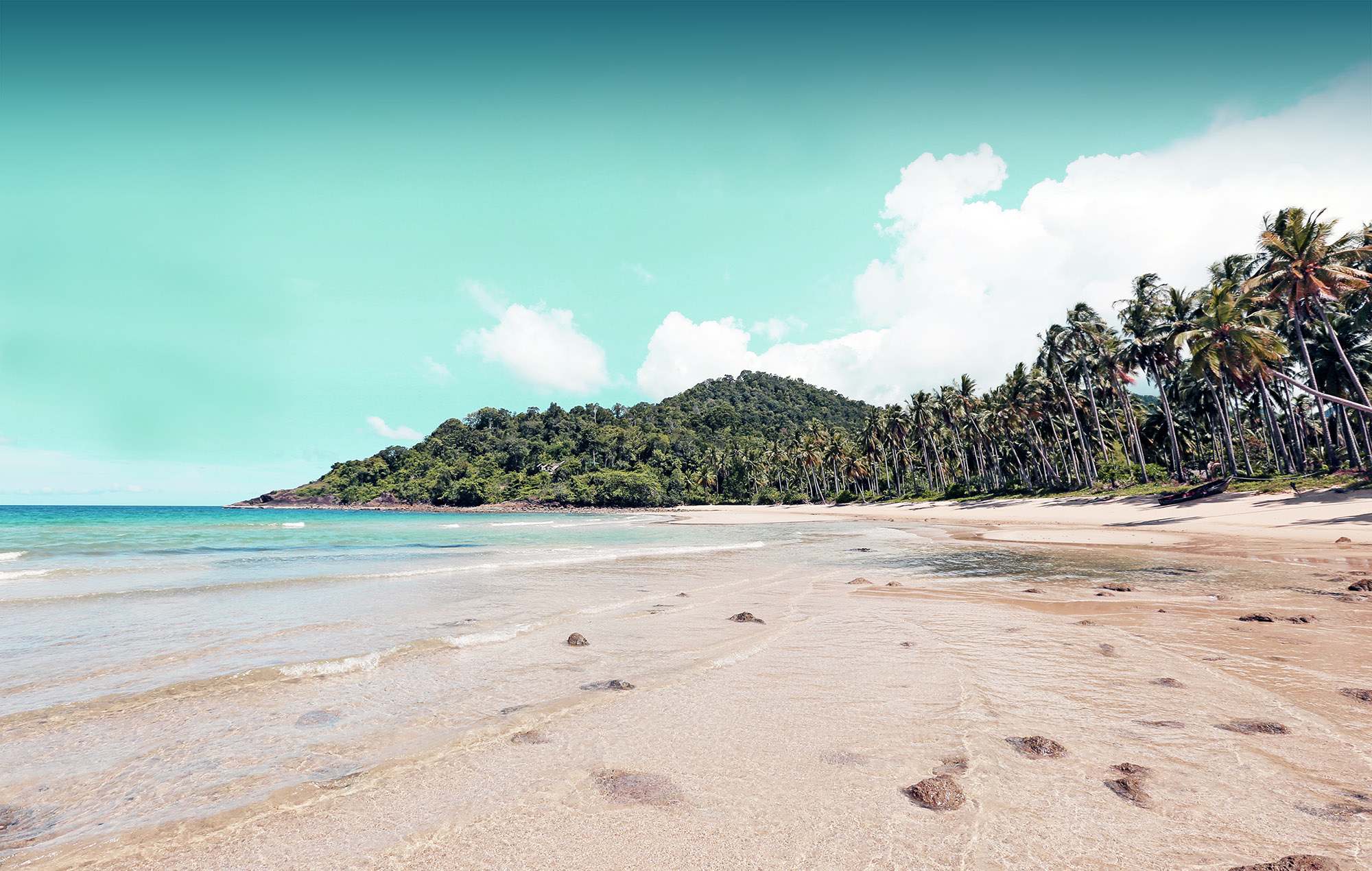Guest post by Richard Meadow
Sustainable Backpacking
Backpacking can be a liberating and exhilarating experience, allowing you to explore the world with nothing but the bare essentials carried on your back. This freeing, land-based way of travelling is a firm favourite with nature and animal lovers, and consequently, with those who try to live sustainably. So, how do you take your sustainable lifestyle onto the road? Here’s what you need to know about sustainable backpacking.
Choose Green Destinations
First thing’s first, where are you headed? If you’re planning to backpack around some of the world’s finest beach destinations, then you should visit those countries that are actively implementing sustainable and ethical tourism practices. From Fiji to Palau, there are plenty of countries that frequently top the charts when it comes to environmental protection, social welfare, and human rights. Take a look at the most ethical destinations for 2019 here and find out how to book a green hotel here.
Avoid Single-Use Plastics
Ditch single-use plastic straws and bottles and invest in reusable alternatives. You could bring bamboo utensils, a stainless steel straw and a metal water bottle in your backpack for emergencies where no eco-friendly options are available. Other than that, drink your coffee in the ceramic mugs at the café, eat your meals in the restaurant and bring a tote bag for groceries.
And while you are at the beach, why not help local hotels by participating in beach cleaning.
Choose Land Travel Wherever Possible

One of the biggest parts of living sustainably is minimising your carbon footprint and providing for yourself. In this sense, travelling on foot or by bicycle is recommended wherever possible. However, this isn’t always practical when you need to cross borders! Instead of air travel, research public transport options like trains and buses. In many countries, ride-sharing is a safe, cost-effective and eco-friendly way of travelling.
Skip Animal Tourism
Animal tourism is constantly falling out of favour. People no longer want to ride elephants for entertainment, they want to view them from afar with a reputable organisation that is conscious of its impact on the animals. Do some research before you set off to find the best companies to travel with if you want to see wildlife.
Pack Lightly
When you’re backpacking, it’s best to travel lightly anyway – after all, you’ve got to carry all that weight on your back! But just think, the extra weight will also mean that you need more fuel, which is eventually more harmful for the environment. Consider this when you’re loading up your backpack with 5 swimsuits, travel pillow and endless outfit options. Find more light travel packing tips here.
Dry Clothes and Towels Naturally
If you’re backpacking at the height of summer, no doubt it’s going to pretty hot wherever you are. So, take advantage of the weather and hang your clothes outside to dry instead of using the facilities. You could also handwash your clothes if you’ve got access to clean water.
Buy Handmade Souvenirs

Support the economy by purchasing handmade souvenirs by the locals. Often, they’re made using natural resources, so not only will you leave with a long-lasting souvenir, but you’re also buying an environmentally friendly product. The same goes for tours too! Make an effort to give your money to businesses that employ locals.
Keep Info on Your Mobile
 Cut down on excessive use of paper by having e-tickets on your phone, as well as all your important travel documents. Do remember, because you’ll be keeping all information on your phone, you need to make sure it’s charged up at all time – so pack a travel adapter to take with you wherever you go.
Cut down on excessive use of paper by having e-tickets on your phone, as well as all your important travel documents. Do remember, because you’ll be keeping all information on your phone, you need to make sure it’s charged up at all time – so pack a travel adapter to take with you wherever you go.
It’s also worth downloading useful apps, finding restaurant deals, cheap travel choices and anything else that may help you on the trip is useful made into an app!
Recycle
If you’re big on sustainability, recycling should come naturally to you wherever you are. If you’ve not got the means to recycle nearby, then bring all your recycling with you in your tote bag until you find a place where you can dispose of it.
![]()
About the Author
 Richard Meadow is a freelance writer that has spent 4 years travelling after University. He’s been all around the world and learnt a lot about different cultures compared to his home in the UK. He wants to share his knowledge with interested readers in a way that they could use the information for a practical use.
Richard Meadow is a freelance writer that has spent 4 years travelling after University. He’s been all around the world and learnt a lot about different cultures compared to his home in the UK. He wants to share his knowledge with interested readers in a way that they could use the information for a practical use.
![]()
If you are interested in sustainable backpacking, there are plenty of articles on sustainable travel here and a great essential guide to responsible travel here.
Cover photo by David Izquierdo, Unsplash.





